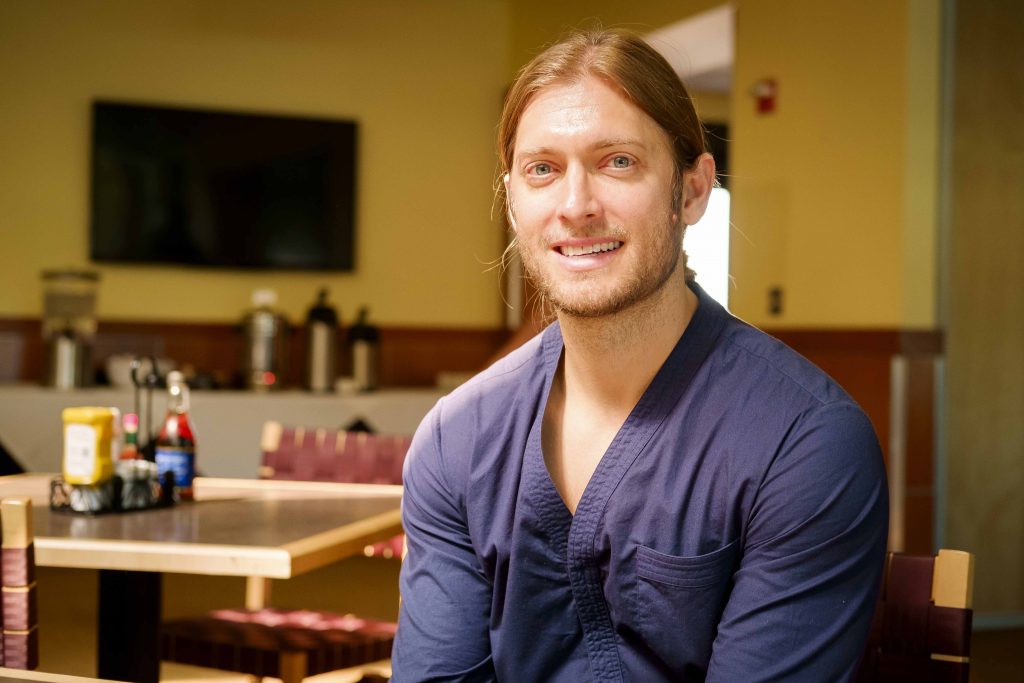
Pipe Dream sat down with Andrew Taggart, a practical philosopher and an entrepreneur who graduated from the University of Wisconsin—Madison with a Ph.D. in philosophy. Taggart leads a seasonally nomadic lifestyle in which he lives part of the year in a remote area and part of the year in an urban area. He also mentors people on how to live “the most excellent human life.” This interview has been edited for length and clarity.
Pipe Dream: What do you consider to be the most excellent human life?
Andrew Taggart: I would say that there are many sorts, but I’ll pick out two. One is a contemplative life, and a contemplative life, first of all, has to do with answering the most basic questions of human existence: Who am I? Why am I here? What is this all about? A contemplative person is devoting him or herself to those questions, whether it be through some kind of contemplative practice or through philosophy or something else. The second kind of excellent life would be a political-ecological life, mainly one committed to the idea of trying to advance the common good for other sentient beings and for the earth, broadly understood. And people are typically oriented in two separate ways, the contemplative way or the political-ecological, but some, of course, can marry the two.
PD: Your website says you teach people how to inquire into the things that matter most. What would you say matters most?
AT: That needs to be discovered, of course. After asking you a few questions, there would be some ultimate matters, some matters that go beyond our ordinary cares and concerns. Those are the most important things — we know that we’ve hit bedrock pretty quickly when we know we’re talking about those things.
PD: Being a philosopher and an entrepreneur are two seemingly different jobs. How did you become able to fill two roles that are seemingly different?
AT: Let’s say a philosopher is someone described as someone who isn’t pursuing academic matters, but rather someone who is engaged in philosophia, the search or pursuit of wisdom that is concerned with trying to ask, answer and live out the basic questions of human existence. I need to make a living, and I don’t necessarily want to get a job, or I don’t want someone to be my own boss. Entrepreneurship, at its very best, is just a model for doing that with yourself or with a team of other people. The two come together quite nicely today and much as a philosopher is trying to engage with the basic questions I’ve described, and it needs some kind of funding model such as a gift economy, which is another business model, in order to do so. That helps dispel a myth that a philosopher is someone who is just trying to talk about some very abstract matters and isn’t trying to figure out how to put his or her feet on the ground and go forward.
PD: You lead a seasonally nomadic lifestyle. What have those experiences taught you?
AT: They’ve taught me a kind of realism. Neither my wife nor I are really interested in leading a permanent nomadic lifestyle, but we have had a quest to answer the question for many years now, “What is home?,” which is a very difficult question to ask or to answer.


